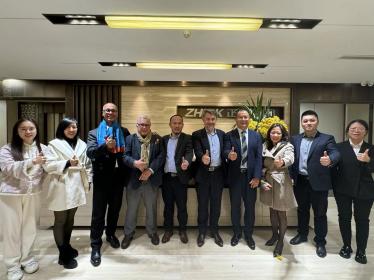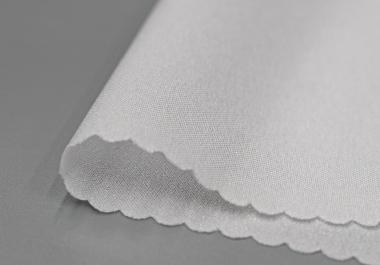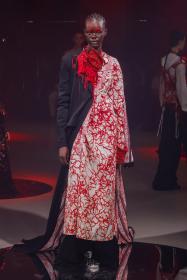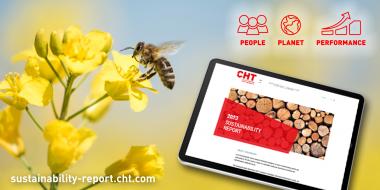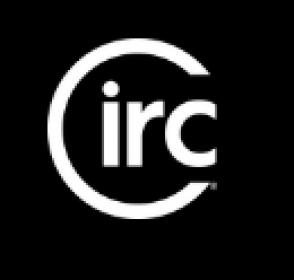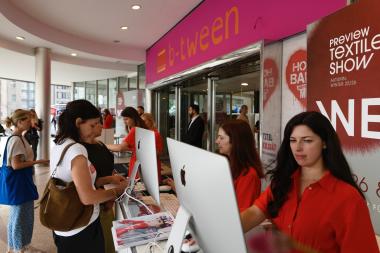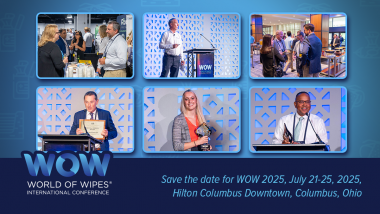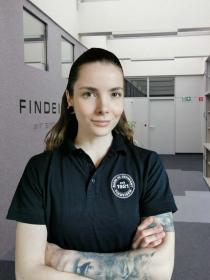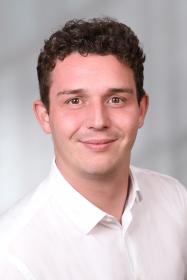Studentin gewinnt internationalen Designpreis auf der Pitti Filati
Viola Schmidt, Studentin an der TEXOVERSUM Fakultät Textil der Hochschule Reutlingen wurde in Florenz mit dem Award „Feel the Yarn“ ausgezeichnet. Sie studiert im Masterstudiengang Design mit dem Schwerpunkt Künstlerische Konzeption an der TEXOVERSUM Fakultät Textil der Hochschule Reutlingen. Der Preis ist mit 5.000 Euro Preisgeld dotiert.
Ausgelobt wird der Preis für Fashiondesign-Studierende vom Zusammenschluss 41 italienischer Spinnereien, dem „Consorzio Promozione Filati“. In der diesjährigen 15. Auflage des Wettbewerbs überzeugte Viola Schmidt vor starken Mitbewerbenden und den Zweit- bzw. Drittplatzierten von der „London School of Fashion“ und des „Politecnico di Milano“ sowohl die internationale Fachjury als auch das ebenfalls stimmberechtigte Fachpublikum der Messe vor Ort.
Für die Umsetzung ihrer eingereichten Entwürfe bekamen insgesamt 36 Teilnehmende des Wettbewerbs hochwertigste Garne italienischer Spinnereien zugeteilt und konnten damit ihre Entwürfe Realität werden lassen. Das Thema des diesjährigen Wettbewerbs lautete „CONTRADICTIONS“ und forderte dazu auf, kreative Lösungen zu finden, um die Harmonie zwischen Technologie und Tradition zu erforschen und eine zeitgemäße Vision zu präsentieren.
Violas Schmidt setzte ihr Design „Closer Distance“ im modernen Labor für Maschentechnologie der Fakultät Textil des TEXOVERSUMS um. Sowohl die internationale Jury als auch das Publikum der Messe zeigten sich beeindruckt und überzeugt von Schmidts Design. Das in Rottönen gehaltene, gleichzeitig elegant und progressiv anmutende, aufwendig gelayerte Design spiegelt das Thema des Wettbewerbs perfekt wider und zeigt eine bemerkenswerte Symbiose aus maschineller Präzision und gestalterischer Einzigartigkeit. Besonders beachtenswert und anspruchsvoll ist zusätzlich, dass Schmidts Design „fully fashioned“ gestrickt ist. Ein nachhaltiges Vorgehen, bei dem weder Schnittkanten, noch Abfälle entstehen.
Bereits 2022 hatte Schmidt, damals noch Studentin des Bachelorstudiengangs Fashion & Textile Design, ebenfalls an der TEXOVERSUM Fakultät Textil an der Hochschule Reutlingen, den European Fashion Award – FASH gewonnen. Mit ihrem jüngsten Erfolg bei „Feel the Yarn“ setzt sie ihre Karriere fort und präsentiert gemeinsam mit anderen Fashiondesign-Graduierenden der Fakultät ihre Bachelorkollektion „Inner Garden“ im Rahmen der Neo.Fashion auf der Berlin Fashion Week.
Hochschule Reutlingen






